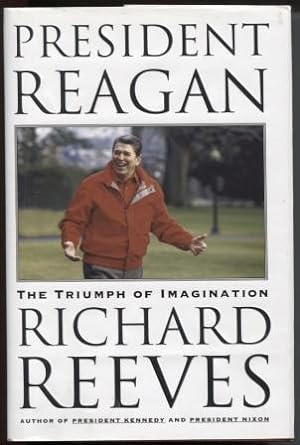What is the incentive?
Reagan was on solid legal ground here; there was no need to negotiate, nor were the strikers particularly a sympathetic bunch (like, say, coal miners with poor conditions or displaced auto workers). The firing was crucial to Reagan's image as someone who wouldn't take it from entrenched bureaucratic interests, unlike Ford.
The labor movement more broadly never really had an answer for the growth of containerized shipping and the impacts it had on factors of production. Capital gave higher returns, labor was devalued as a result, and declines in labor power were somewhat a foregone conclusion already in 1981. However, the precedent of management being able to successfully squash strike action was a newer thing compared to the 70s. It is very possible that trend does not set in if Reagan later weighs in against private sector companies doing the same thing. There may be political incentive for this if, say, there is a huge GM or Ford strike, instead of things like the meatpackers, a far less politically influential group.
The truth is that the 70s were sort of a period of arbitrage, in which the global supply chains forming and technological advances made the old mass labor style corporatist troika governance obsolete, and made trade unions look less like social institutions playing a critical role in public life and more like sinecured rent seekers, even if that was kind of unfair to the rank and file, who never asked for that social contract to change. Unlike German and Japanese trade unions, which figured out how to integrate themselves into the corporate structure, American labor unions (like British ones) still held to the ideas of three party negotiations, conflicting interests to be resolved through a battle of interest group power, and the use of the threat of striking. Meanwhile, American corporate ideas on labor relations went pretty quickly from outdated management structures and simpering obedience to troika style arbitration, to outright burn-it-all-down lockout and scab dependent action. There wasn't really much middle ground or integration of labor into corporate structures.
I wonder to what extent the lack of post war competition influenced US labor relations in the 70s and 80s. We know it made the troika style possible, but the collapse of the troika was much more zero sum than perhaps it needed to be.

